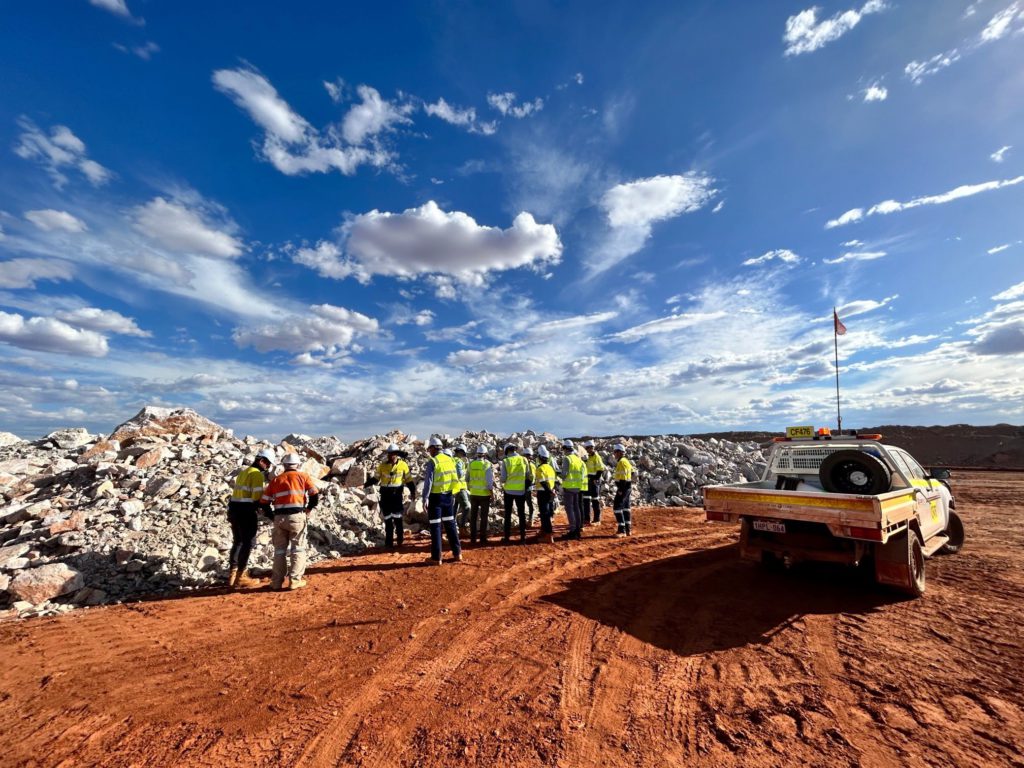
Australia’s bid to become a major refiner of battery-ready chemicals is taking a knock as smaller producers look to form joint ventures with major Asian conglomerates to manufacture lithium hydroxide overseas.
Liontown Resources Ltd., which is developing a large mine in Western Australia, announced an agreement with Japanese trading company Sumitomo Corp. on Monday to explore production of lithium hydroxide in Japan. It follows a move by Pilbara Minerals Ltd., which has partnered with South Korea’s Posco Holdings Inc., to manufacture the highly-refined product in the Asian nation.
Producing lithium hydroxide in Australia was “a big bet to make,” Liontown chief executive officer Tony Ottaviano said Monday in an interview at the Diggers and Dealers conference in Kalgoorlie, Western Australia.
While lithium hydroxide is used in nickel-cobalt-manganese (NCM) batteries, it’s still uncertain whether this type will continue to dominate. Future market demand was “too fluid and dynamic” to predict, Ottaviano said.
Australia’s government has ambitions to help break China’s stranglehold on the battery supply chain — a priority for the US and other western governments — to help fuel the electric vehicle boom. While the nation produces more than half of the world’s lithium, it ships almost all of it to China in the form of bulky, low-grade ore, where it is refined into a delicate, battery-grade chemical.
The current Australian lithium hydroxide refineries — operated by China’s Tianqi Lithium Corp. and US company Albemarle Corp. — have struggled to meet production targets. Domestic conglomerate Wesfarmers Ltd. is due to start production next year. In May, Posco said it was 40% cheaper to build a lithium processing plant in South Korea than Australia due to cheaper labor and materials costs, according to the Australian Financial Review.
Nascent lithium miners in Australia aren’t rejecting onshore processing altogether. But instead of ultra-refined lithium hydroxide, they are exploring less refined products that are easier and cheaper to produce.
(By James Fernyhough)
Comments